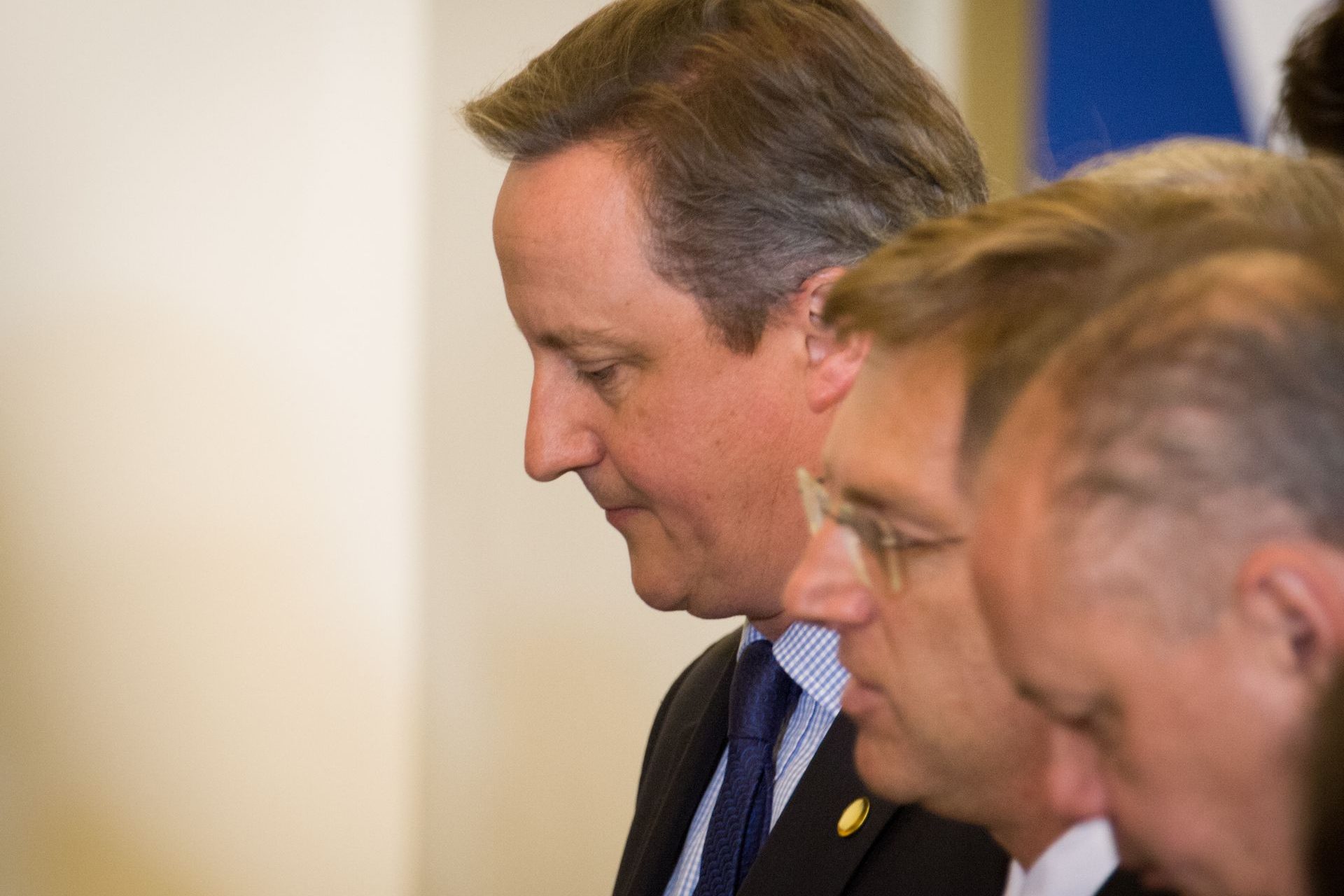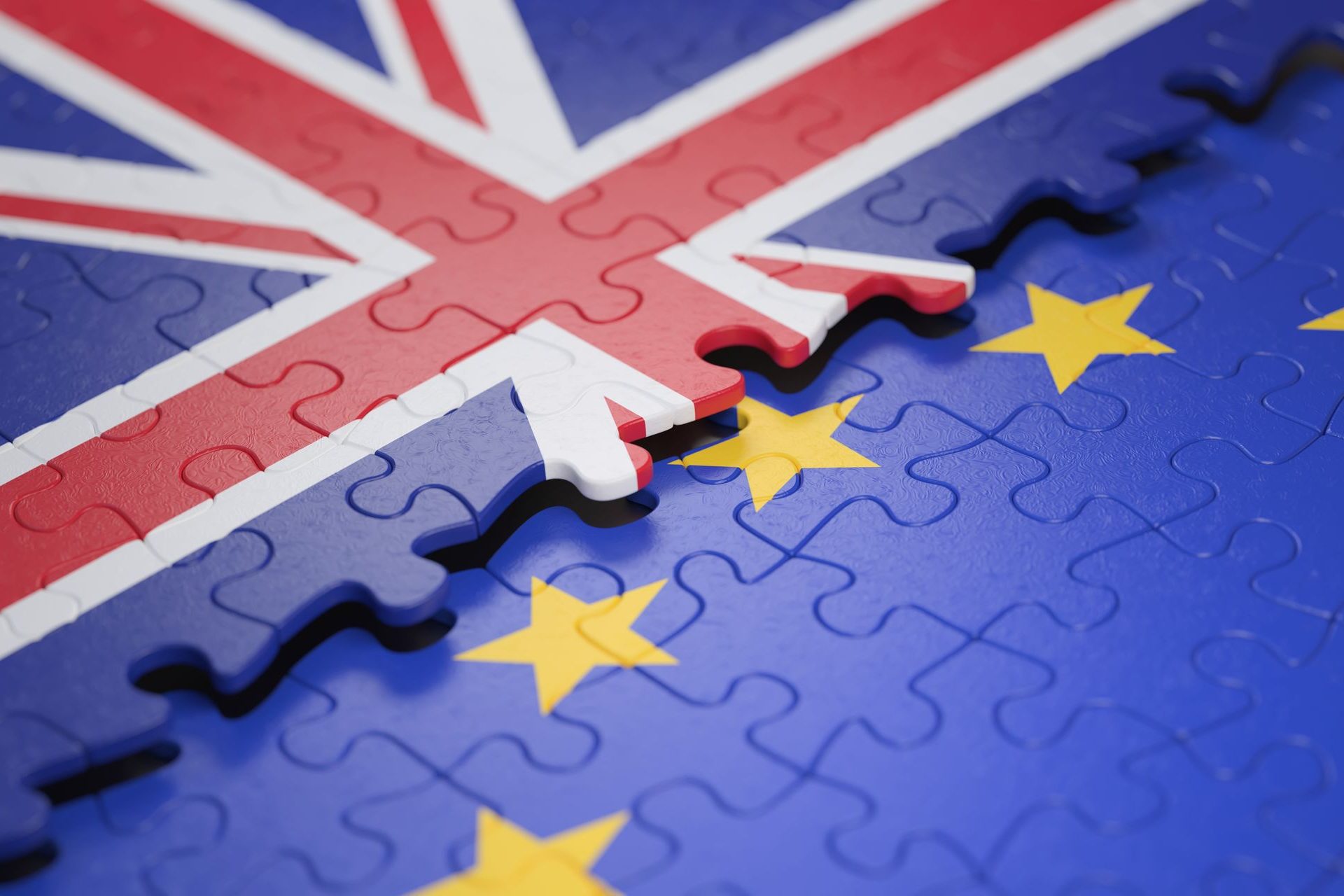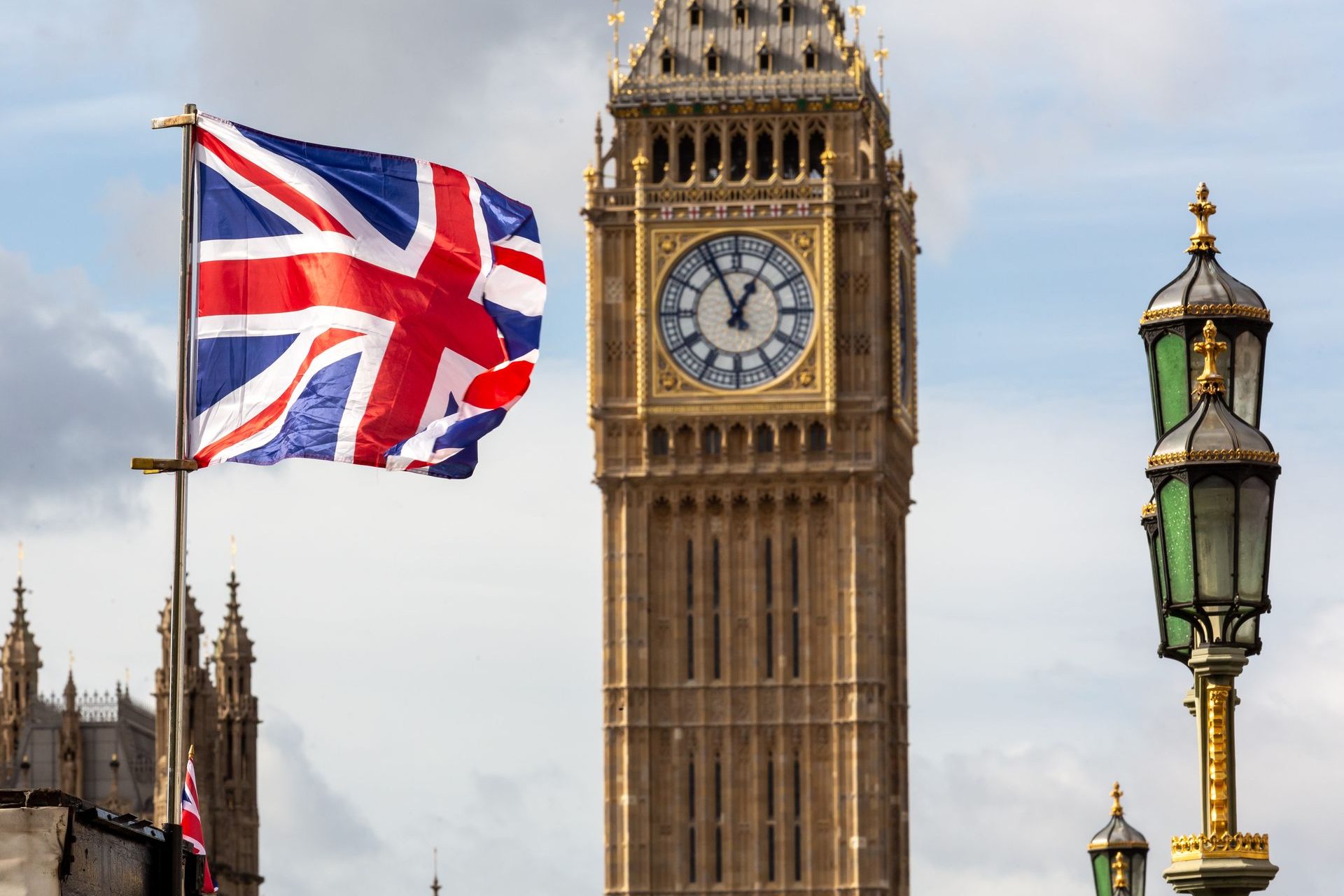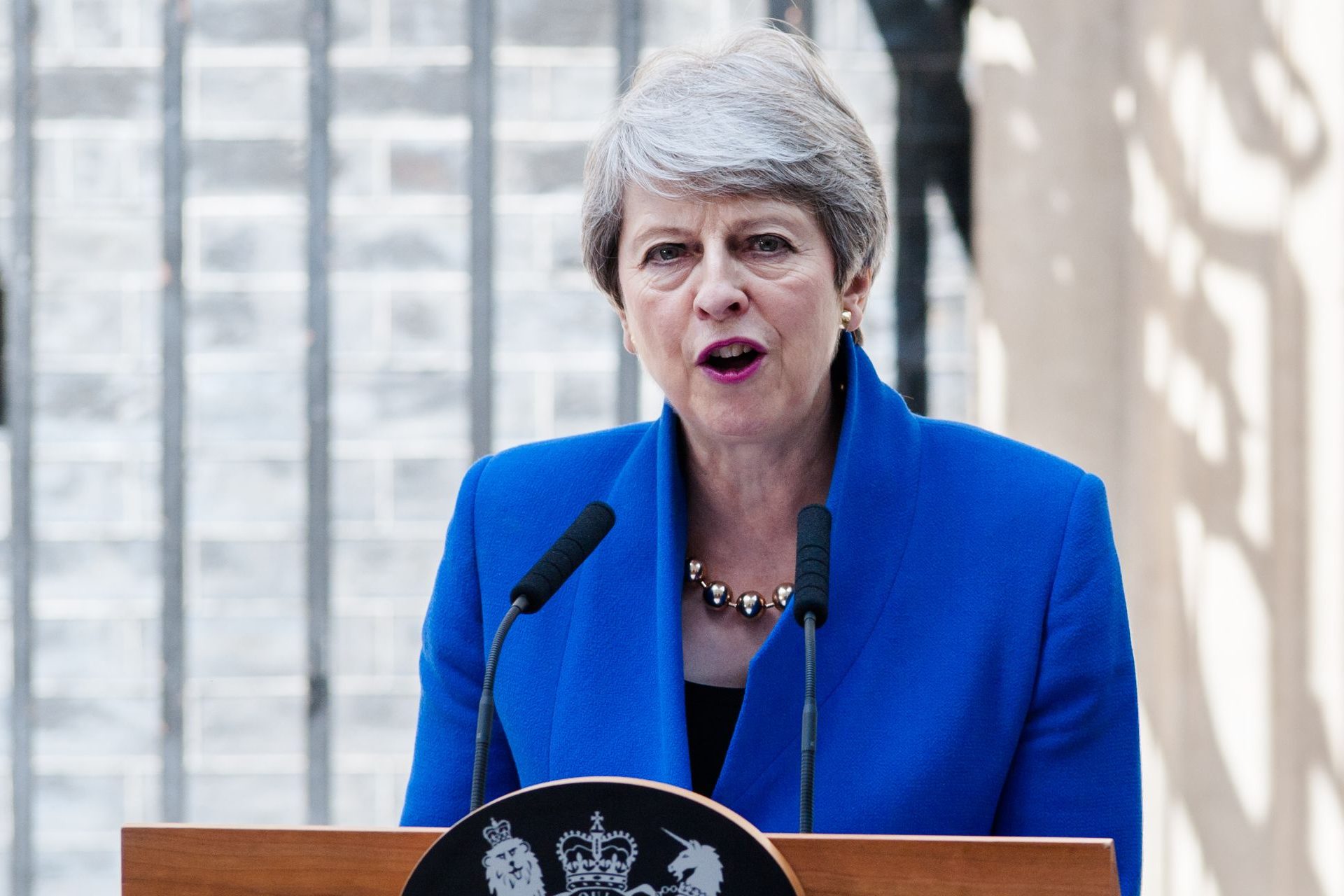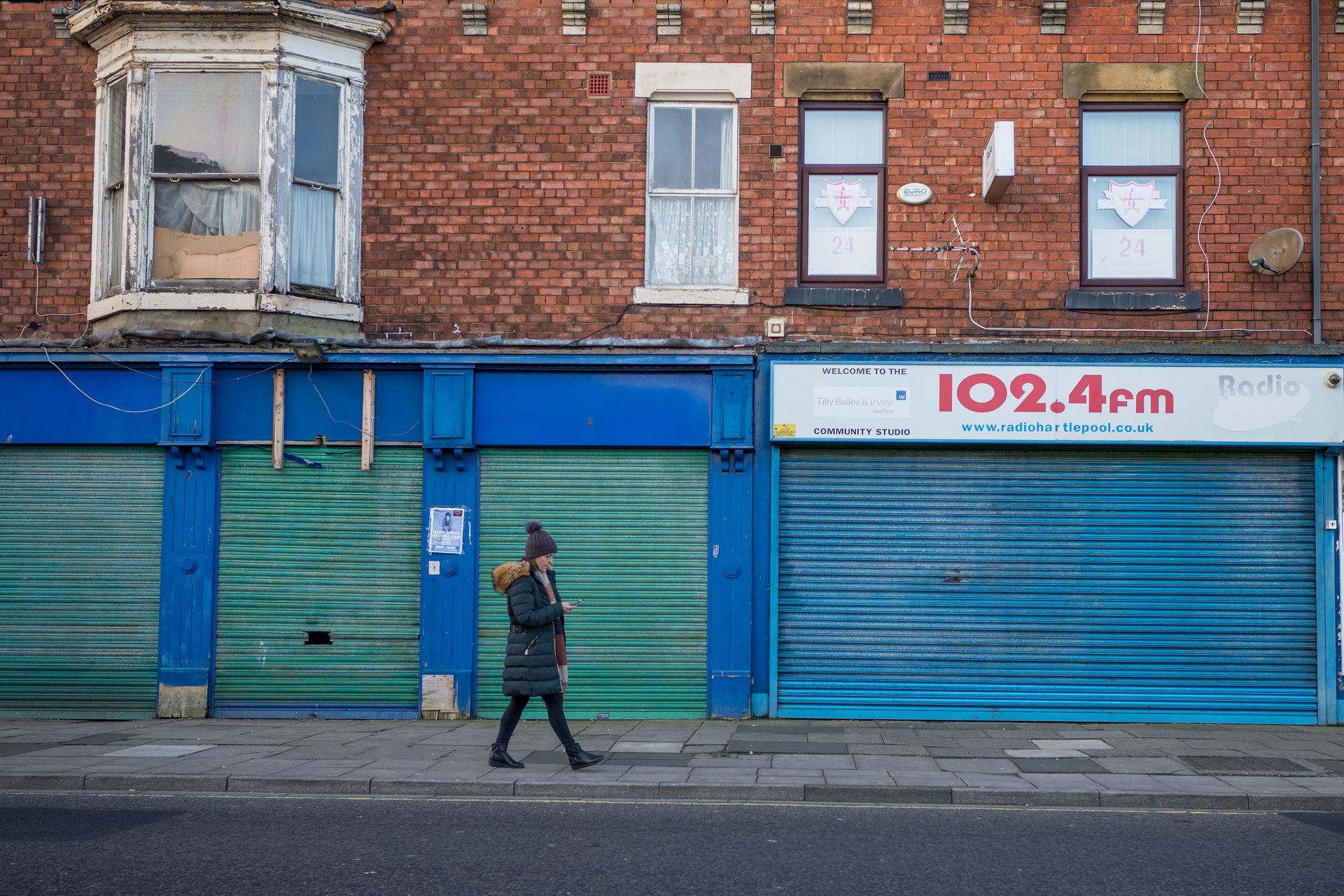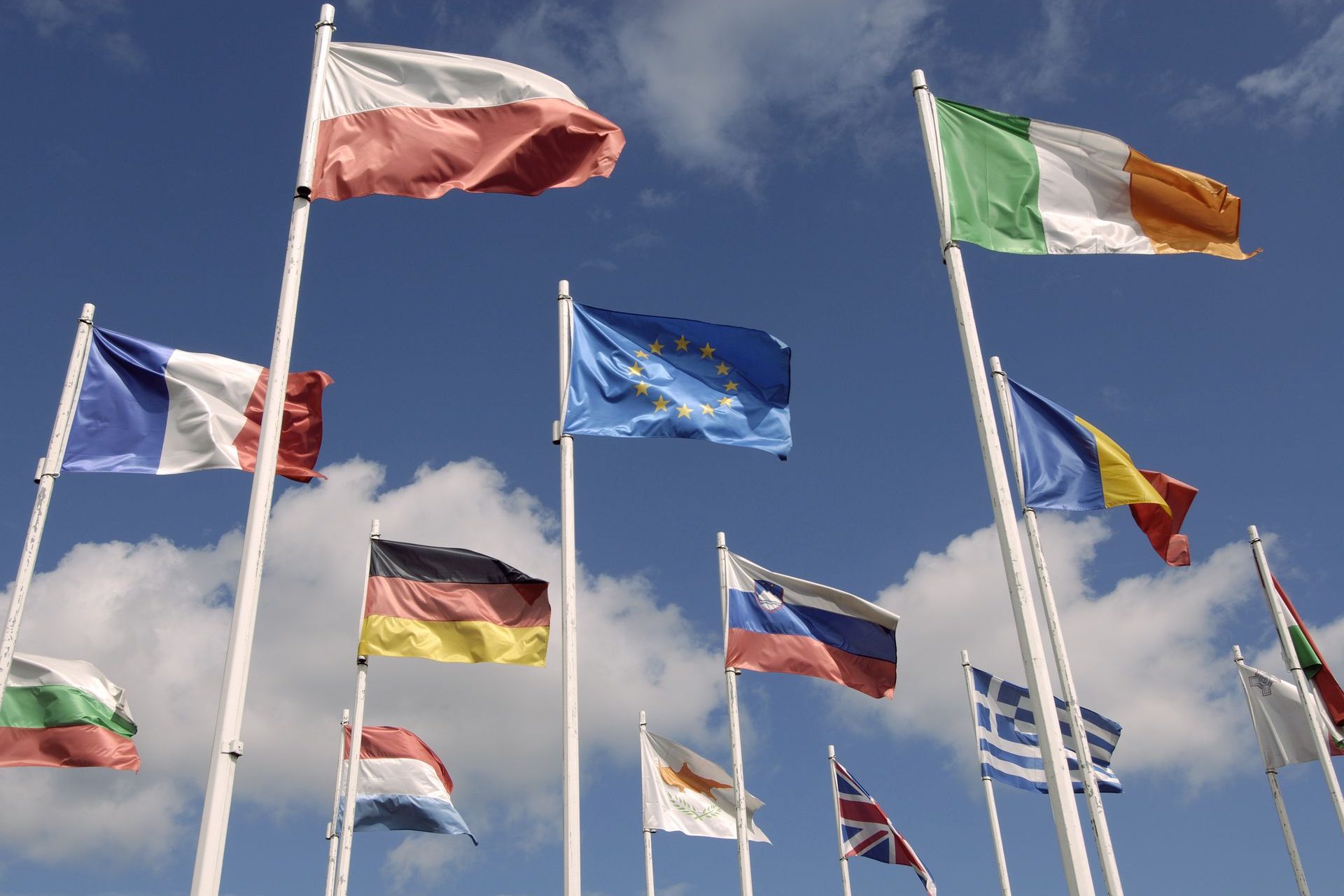Four years after Brexit: Where does the UK stand after leaving the EU?
On January 31, 2020, the United Kingdom officially left the European Union in a process commonly known as “Brexit”, after several years of negotiations between London and Brussels.
However, to get the full picture, you have to go back to 2016, when Former Conservative Prime Minister David Cameron called for a referendum on the UK's membership in the European Union. 51% of the people voted for Great Britain to leave the union.
The Covid-19 pandemic and the war in Ukraine made it difficult to properly evaluate the consequences of the UK leaving the European Union.
But after four years, it's now possible to look back and learn from Brexit. How did it affect British society and economy? And how about Europe?
According to the Office for National Statistics, the British economy grew 4.1% in 2022 and had in 2023 and 2024 figures similar to its EU counterparts. Meanwhile, the unemployment rate at the end of 2023 was of 4.3%.
ONS data from September 2023 also reveals that economic activity was 1.5% higher than before the pandemic, roughly comparable to France and higher than Germany (0%), but lower than Japan (3.5%) and the US (6.1%).
The British economy has been deeply affected by inflation, surpassing 10% in 2022. The return of customs for products imported from Europe has been pushing up the prices.
In the other direction, British companies exporting to Europe are currently facing bureaucratic obstacles, complicating their continental markets.
@Robert Bye / Unsplash
One of the arguments pushed by Brexit supporters was the freedom to directly sign trade agreements with other countries or economic groups, instead of delegating it to Brussels.
Although certain treaties have already been signed (Australia, Trans-Pacific Partnership), negotiations are still causing headaches with other important markets such as Canada or India.
The pound sterling has also lost weight since Brexit:
The British currency is worth around 1.17 euros, compared to around 1.40 in 2015, which automatically makes imports more expensive and reduces purchasing power.
@Anthony/Unsplash
'Take back control' was the slogan of Brexit campaigners in regard to migration policy, which they considered too relaxed due to European policymakers.
Nonetheless, according to French newspaper Le Monde, immigration has never been so high to Great Britain: 682,000 moved to the UK between June 2022 and June 2023, twice than before Brexit.
@Neil Mewes / Unsplash
At the same time, the London-based think tank Centre for European Reform, indicated in 2022 that Brexit had led to a loss of 330,000 migrant workers, resulting in labor shortages and worsening inflation.
The free movement of people is also affected by the return of border controls, making tourism more difficult and causing unnecessary fuss for people traveling between Great Britain and the continent.
@Frederic Köberl / Unsplash
What about foreign policy? Le Monde remarks the “real dynamism in aid to Ukraine” coming from London, but criticized that Brexit has “above all resulted in a reinforced alignment with the United States”.
According to a survey cited by the French newspaper, 60% of British people today consider that Brexit was a mistake, while only 30% still believe that leaving the EU will be positive in the long run.
What about the impact of Brexit on the continent? Le Monde writes that the European nations “have certainly seen the departure of a difficult partner but have weakened themselves in the eyes of the world” by losing an important member of the EU.
More for you
Top Stories




